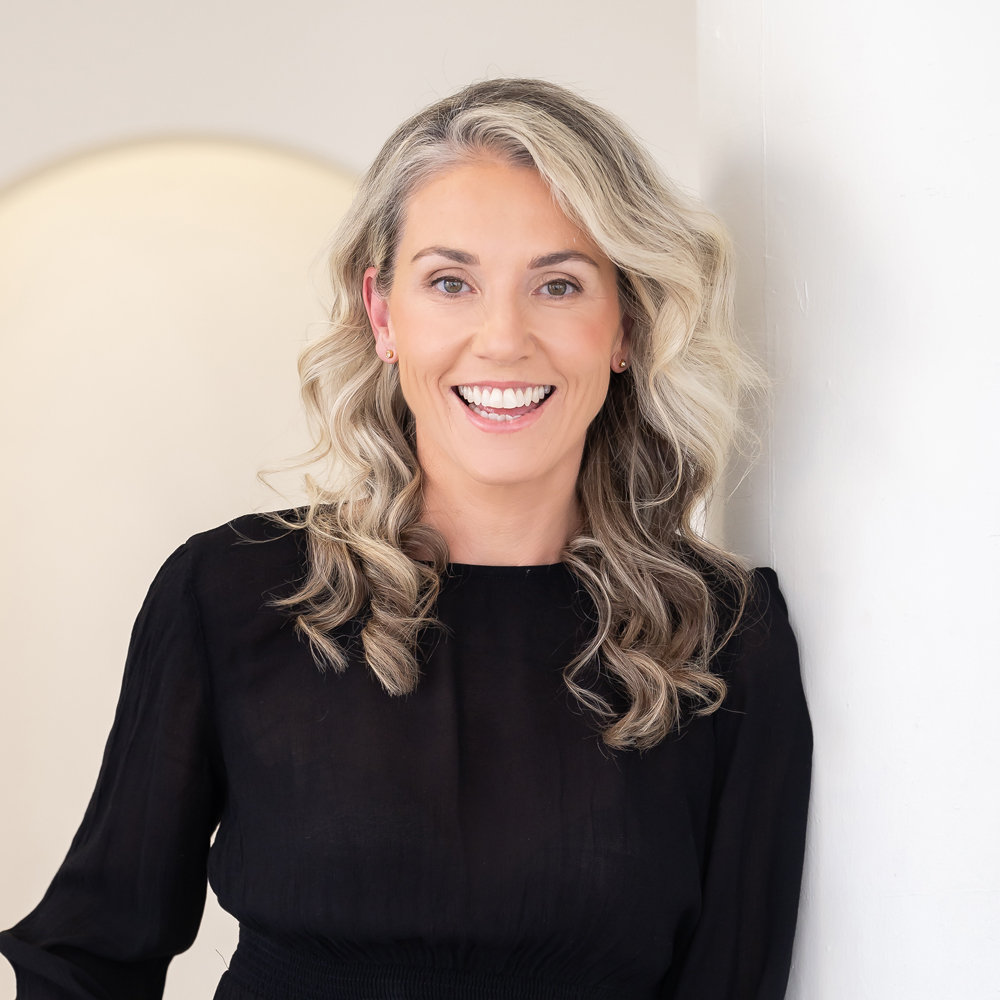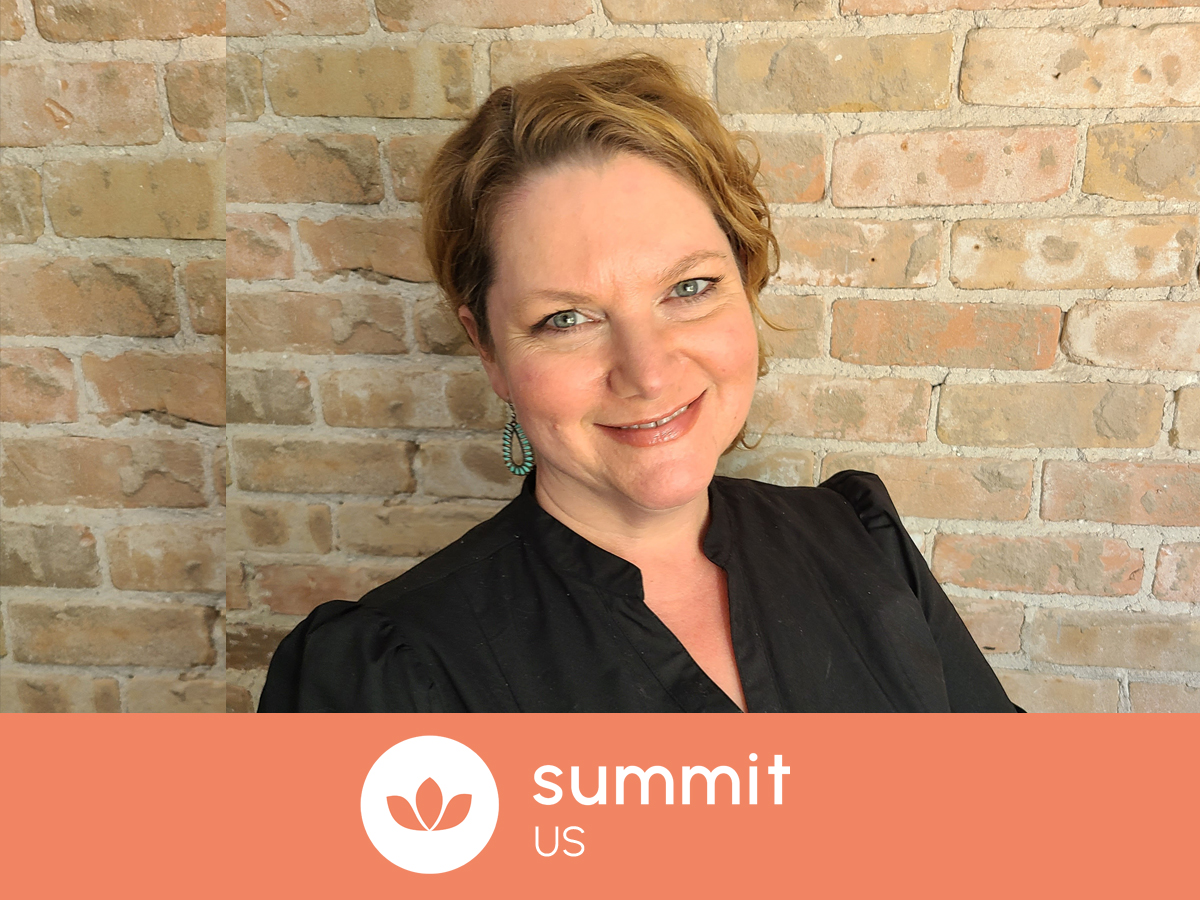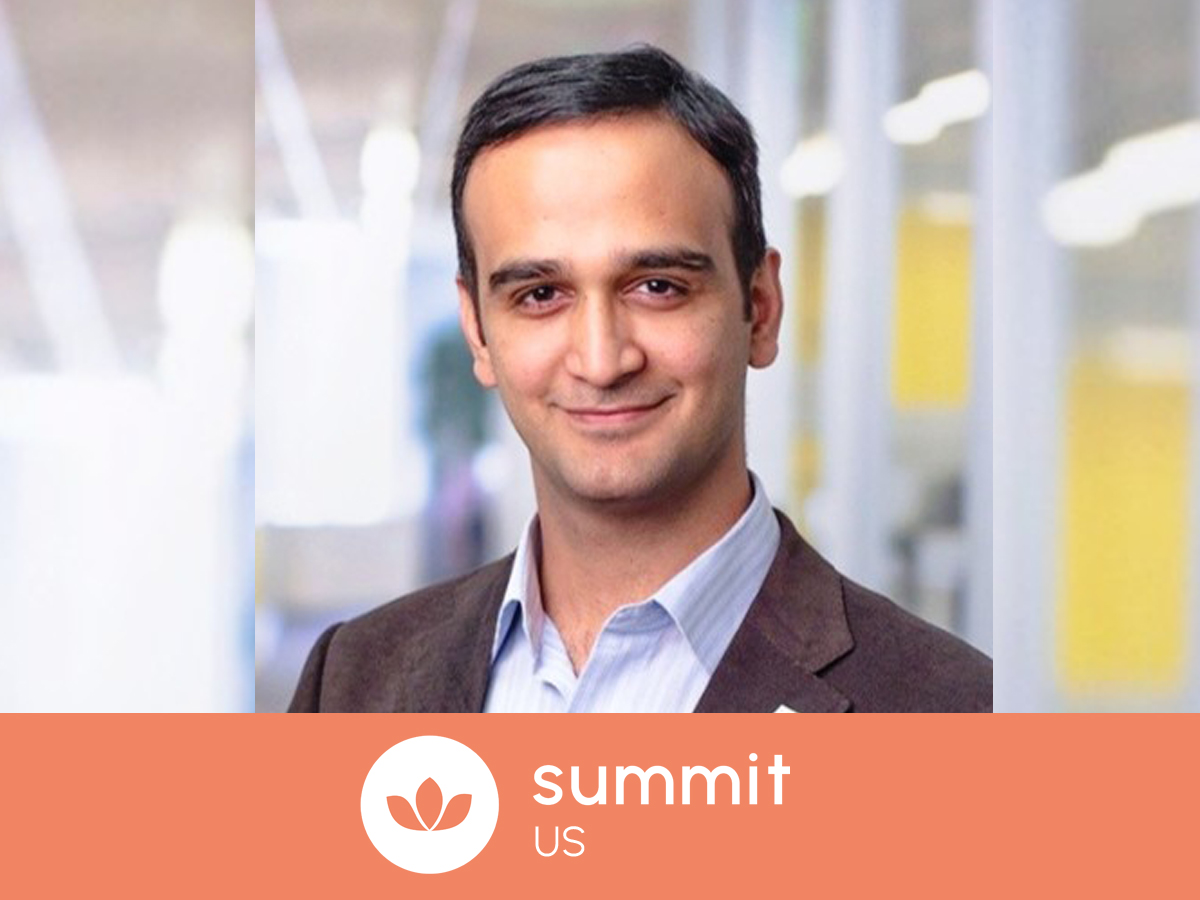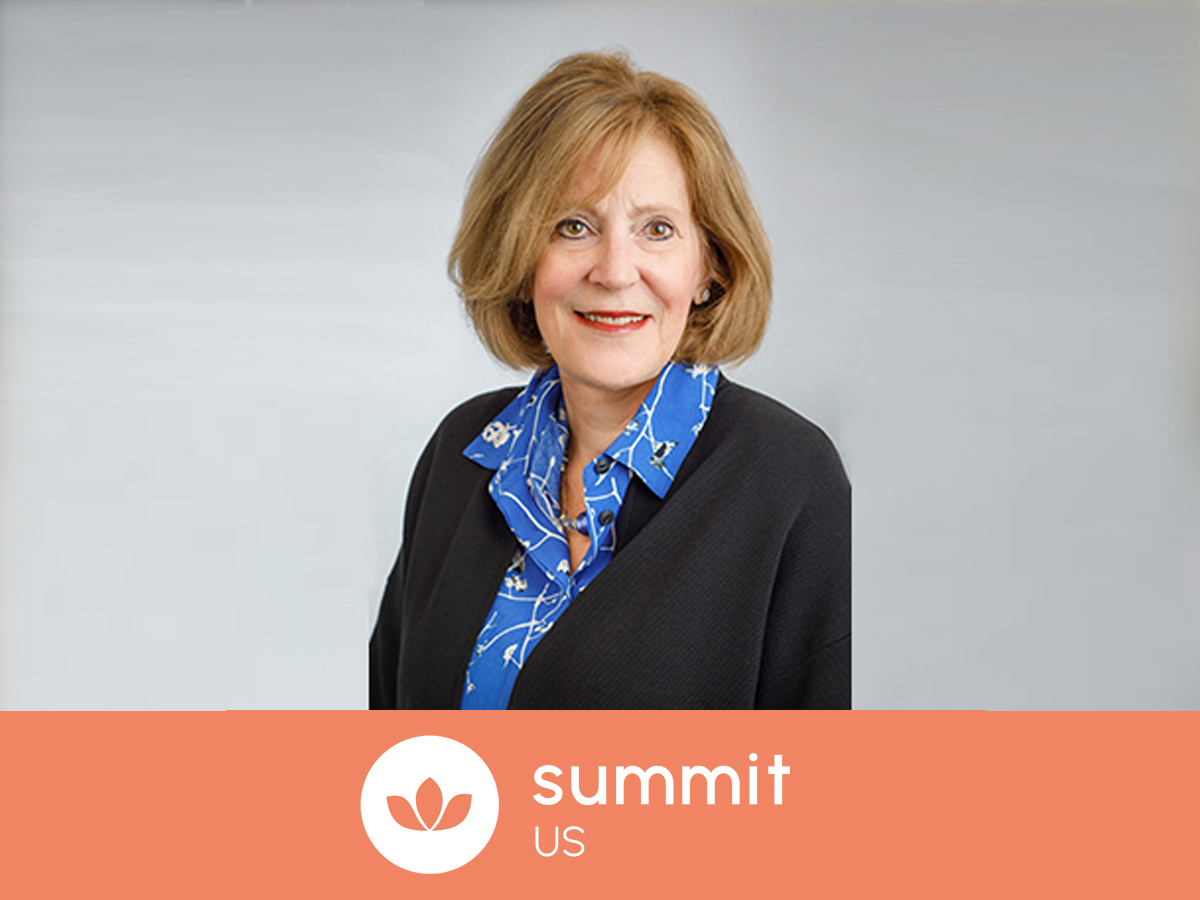
Louise Siwicki is a globally respected Calm Coach and Workplace Wellbeing Strategist, dedicated to fostering emotional resilience and wellbeing in high-achieving individuals and forward-thinking organisations. Blending cutting-edge neuroscience, holistic insights, and compassionate coaching, Louise leads the conversation on creating supportive, balanced, and thriving workplace cultures.
We are delighted that Louise will be speaking in Sydney as part of our Australia summit. We caught up with her to see how she’s feeling in the runup to the event.
Hi Louise, we are thrilled that you will be speaking at the Wellbeing at Work Australia Summit in November. Our first and most important question is, how are you doing today?
I’m feeling calm, clear, and excited. I’m in one of those seasons where the work I get to do feels so aligned with who I am, and the Summit is a big part of that. There’s a real energy in the air when you know you’re part of a conversation that can shift the way we work and lead.
As a leader based in the region, what are the main challenges you are facing when it comes to employee wellbeing and mental health?
We’re still breaking out of old ways of working where success is measured by hours, hustle, and how much you can handle without asking for help. People are under more pressure than ever, from rising costs to job uncertainty, and it’s showing up in the nervous system stress, anxiety, fatigue. Too often wellbeing is still seen as an extra, instead of being built into how we operate every day.
What strategies have you seen developing over the past 6 months, both internally and externally, that are moving the dial on wellbeing in the workplace?
The biggest shift is leaders starting to understand that calm is a performance tool, not a luxury. I’ve seen more workplaces bringing in micro-moments for recovery, giving people the skills to regulate under pressure, and leaders opening up about their own challenges. When that happens, it gives everyone permission to look after themselves without guilt.
Why is employee wellbeing so important to you personally?
Because I’ve been the person running on empty, trying to hold it all together, looking “fine” on the outside while falling apart inside. I know what it’s like to keep delivering at a high level but pay for it with your health and happiness. For me, wellbeing is about creating a culture where people don’t have to break down to be noticed where they can thrive, not just survive.
What impact is AI having in your organization and how are you managing that?
AI is incredible for saving time and taking pressure off workloads, but it’s also creating fear of being replaced, fear of not keeping up. I think we have to approach it with curiosity and transparency, showing people how it can support them, not replace them. The human connection has to stay at the centre.
Other than AI, are there any challenges that you are seeing for the first time and how are you addressing them?
I’m seeing what I call “quiet burnout” people who are still showing up and getting the job done, but they’ve lost their spark. They’re disengaged, tired, and running on autopilot. You only spot it if you slow down and really see your people. That’s why I focus so much on building trust, having honest conversations, and putting recovery strategies in place early.
What areas do you think employers should be focused on over the next 12 months?
- Make wellbeing part of leadership KPIs if leaders aren’t measured on it, it won’t be prioritised.
- Build true psychological safety not just talking about it, but living it.
- Teach people how to regulate stress not just manage workloads, but manage the biology of pressure.
Do you feel that investment in employee wellbeing in the region is increasing or decreasing and is that a direct reflection on HR leaders’ increasing ability to demonstrate effective returns of their strategies to leadership?
I think the awareness is there more than ever, but the actual investment varies. Where HR leaders can show a clear link between wellbeing and results lower turnover, better performance, fewer sick days the investment goes up. The key is measuring and communicating the right things, in a way that leadership can understand and value
How has your organisation been leading the way?
Everything I teach, I live. I show leaders how to use nervous system science in a practical, human way in meetings, in decision-making, in how they manage themselves and their teams. I bring lived experience, not just theory, and that’s why it works. This isn’t about quick fixes; it’s about creating workplaces where people can excel without losing themselves in the process.
Louise will be speaking in Sydney at the Wellbeing at Work Summit Australia.
Further details and tickets for the Sydney Summit can be found here.
Further details and tickets for the Melbourne Summit can be found here.



